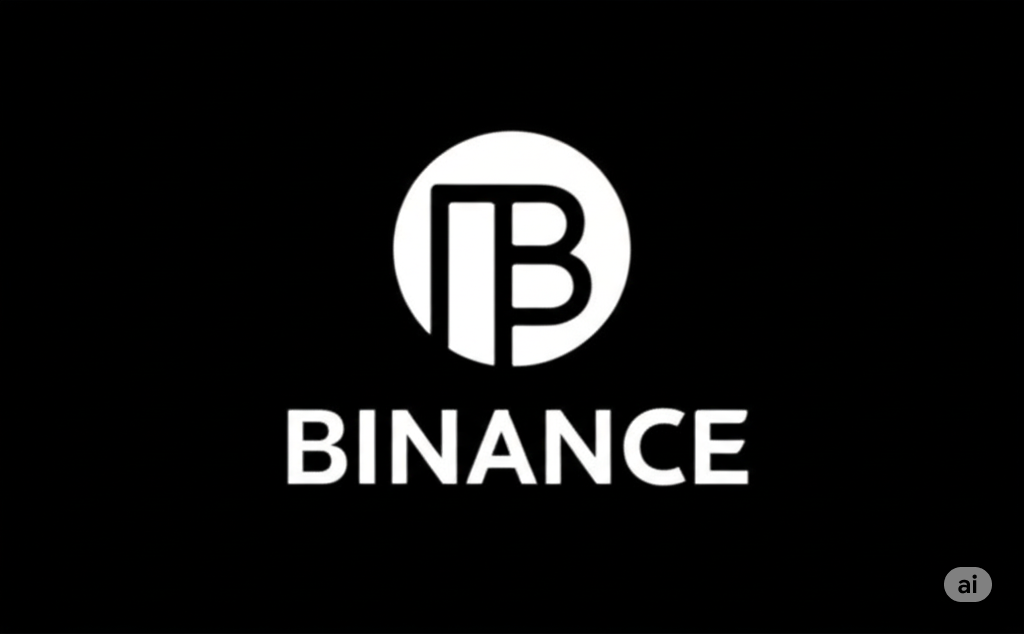The cryptocurrency landscape, while revolutionary, isn’t immune to illicit activities. To combat this and foster a safer and more regulated environment, Know Your Customer (KYC) and Anti-Money Laundering (AML) procedures have become increasingly important within the crypto industry. Understanding these concepts is crucial for anyone involved in cryptocurrencies, whether you’re a seasoned trader or a curious newcomer.
What are KYC and AML?
- Know Your Customer (KYC): KYC refers to the process of verifying the identity of customers. Financial institutions and crypto platforms implement KYC to prevent identity theft, fraud, and other illegal activities. This typically involves collecting personal information and verifying official identification documents.
- Anti-Money Laundering (AML): AML encompasses a set of laws, regulations, and procedures designed to prevent the proceeds of criminal activities from being disguised as legitimate funds. KYC is a vital component of an effective AML program.
Why are KYC and AML Important in Crypto?
The initial perception of cryptocurrencies as anonymous created opportunities for their misuse in illegal activities. However, the increasing adoption of KYC and AML measures aims to:
- Prevent Illicit Activities: By verifying identities and monitoring transactions, platforms can detect and prevent money laundering, terrorist financing, and other criminal activities.
- Enhance Security: KYC helps protect users from fraud and unauthorized access to their accounts.
- Increase Regulatory Compliance: As the crypto industry matures, regulatory bodies worldwide are implementing stricter KYC and AML requirements to bring the sector in line with traditional finance.
- Foster Trust and Adoption: By creating a more secure and compliant environment, KYC and AML measures can increase trust in cryptocurrencies and encourage wider adoption by individuals and institutions.
What Does KYC Typically Involve?
The specific KYC procedures can vary depending on the crypto platform and jurisdiction, but they often include:
- Identity Verification: Providing government-issued identification documents such as passports, driver’s licenses, or national ID cards.
- Proof of Address: Submitting documents like utility bills or bank statements to verify your residential address.
- Selfie Verification: Taking a live selfie to match your appearance with the photograph on your identification document.
- Additional Information: Some platforms may request further information about your source of funds or trading intentions.
What are the Implications for Crypto Users?
While some early adopters valued the perceived anonymity of cryptocurrencies, KYC and AML are becoming standard practice on most reputable exchanges and platforms. This means:
- Account Verification is Necessary: To access the full range of services on many platforms, you’ll need to complete the KYC process.
- Increased Transparency: Transactions on blockchain networks are often public, and linking identities to wallets through KYC adds a layer of transparency.
- Potential for Account Limitations: Failure to complete KYC may result in limitations on deposits, withdrawals, or trading activities.
- Data Privacy Considerations: It’s essential to choose platforms that have robust data protection measures in place to safeguard your personal information.
In Conclusion:
KYC and AML are not just regulatory hurdles; they are crucial for building a safer, more trustworthy, and sustainable cryptocurrency ecosystem. While the process of verifying your identity might seem like an extra step, it plays a vital role in protecting the broader crypto community and fostering mainstream adoption. By understanding and complying with these procedures, you contribute to a more secure and regulated future for cryptocurrencies.












Leave a Reply